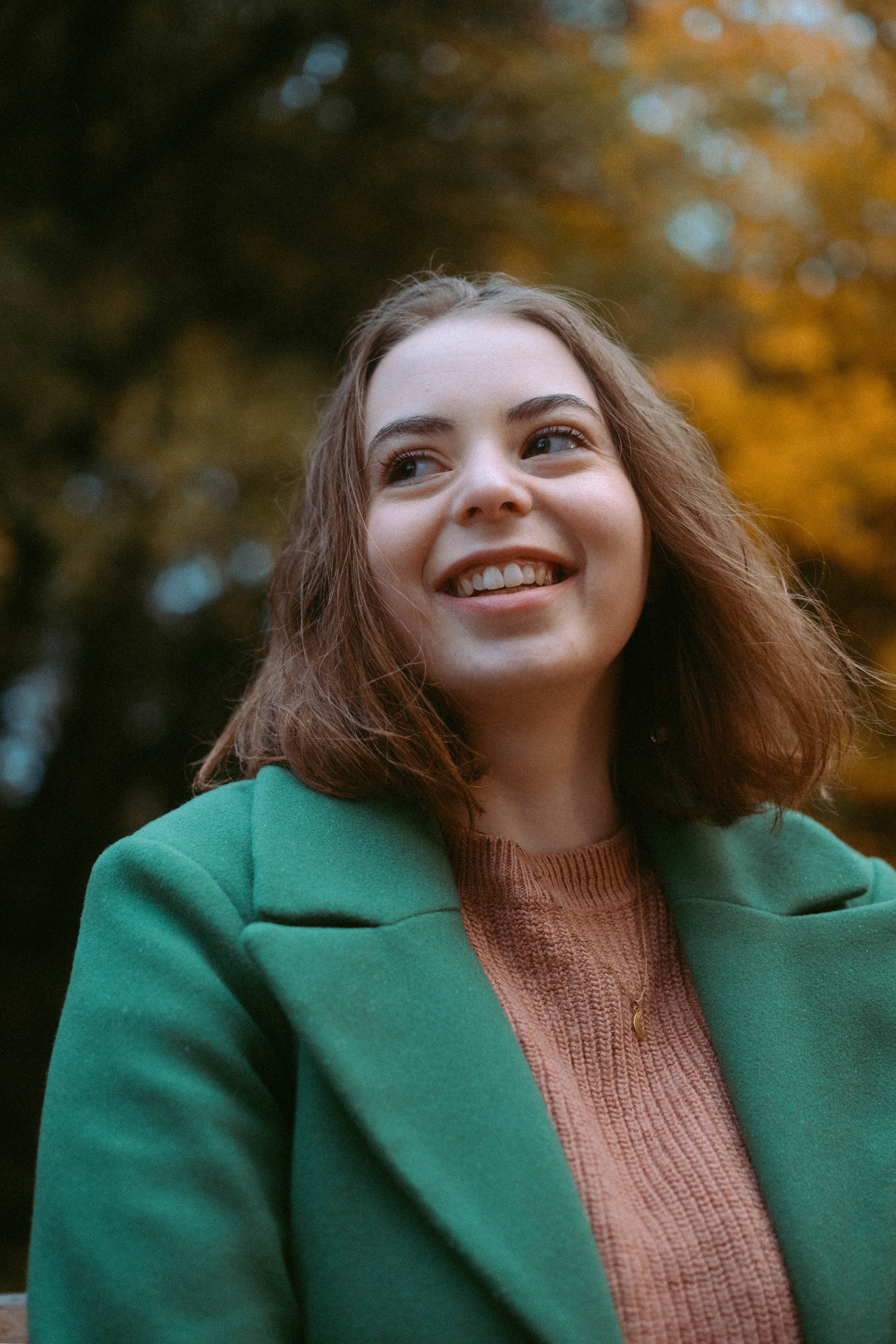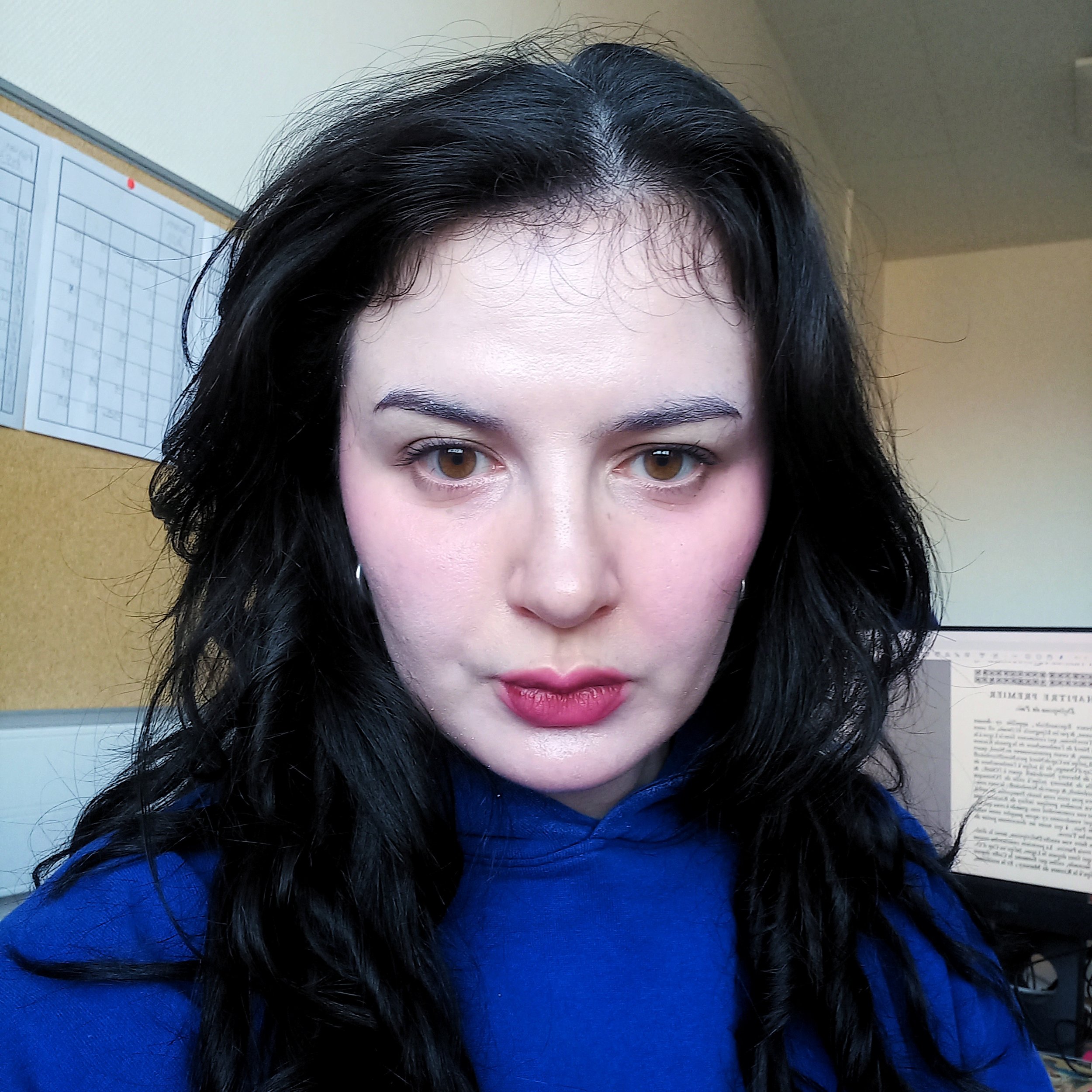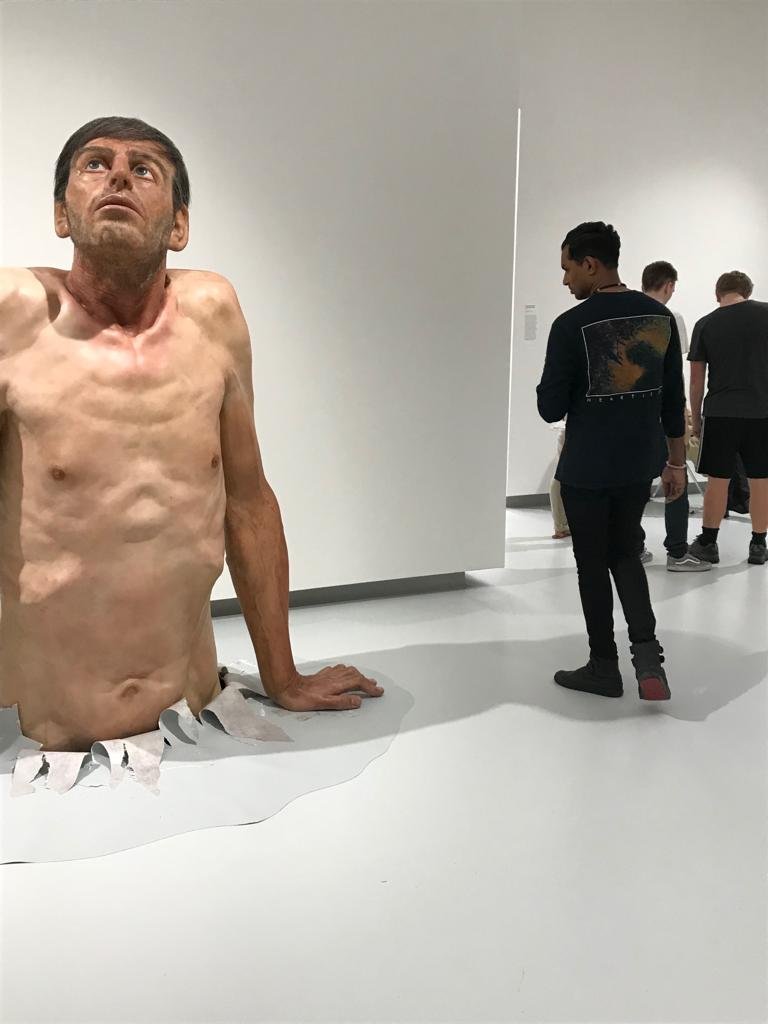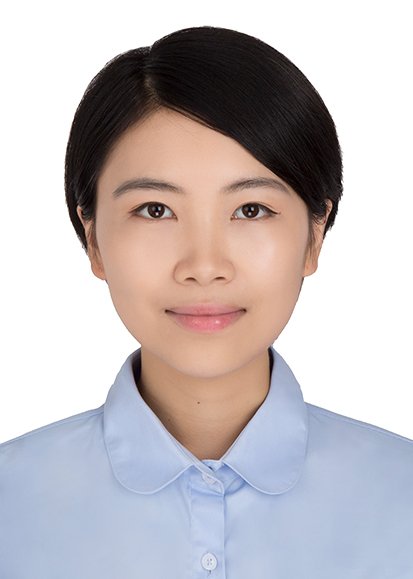SSG Members
Marine Coeugnet
Graduated from a master's degree in Cognitive Psychology and Affective Sciences, she worked on the modulation of behavioral and brain synchrony by the diffusion of odors. Now in the University of Lille at SCALab, her main interest is around smells, their representation at the cognitive level as well as their use in contexts of physical effort (cycling, dancing...), social (discussion, debates...) or cognitive (reading, work...). She mostly uses the fNIRS technique to measure brain activity as well as motion capture and motion energy analysis to observe posture and movements.
Contact: marine.coeugnet@univ-lille.fr
Léa M. Fougerolle
Renee Congdon
Renee is a PhD student in the Spanish and Portuguese department at Princeton University. She studies contemporary Spanish culture, literature, and film, and has targeted interests in urban studies and theories of the city, studies of the senses (mostly smell), and body theory. Her most recent publication, “Olores y sonidos de la posguerra española: un análisis sensorial de Nada de Carmen Laforet” was published in an edited volume in December 2022, and contends with the immensely rich sensory description present in the famous postwar novel Nada (1945).
Contact: rcongdon at princeton dot edu
Click here to find her most recent publication, a chapter entitled “Olores y sonidos de la posguerra española: un análisis sensorial de Nada de Carmen Laforet” in Carmen Laforet: después de Nada, mucho: https://www.albatrosediciones.com/home_titulos.php?recordID=49&nom=carmen%B4laforet-despues-de-nada-mucho
Barbara Huber
Barbara studied archaeology and chemistry at Free University Berlin and Technical University Berlin. She is currently a doctoral researcher at the Max Planck Institute of Geoanthropology and the University of Tübingen, Germany, specializing in past aroma research and the history of smell. Barbara investigates the role of scent in shaping human experience and behavior from the deep past throughout to the present day. Through state-of-the-art multidisciplinary work including biochemistry, archaeology and paleoenvironmental science, she is shedding new light on ancient perfumery and cosmetics as well as the kinds of smells that have been used to shape, manage and alter past smellscapes. For her project titled “Reconstructing olfactory landscapes of ancient Arabia using biomolecular approaches” Barbara won a 2022 AEA Small Research Grant awarded by the Association for Environmental Archaeology.
Contact: huber@shh.mpg.de
Léa Fougerolle is a Ph.D. student (ABD) and Doctoral Fellow in Francophone Studies at the University of Louisiana at Lafayette, where she is conducting research on representations of the body as well as sensory experiences in a corpus of 20th and 21st century poetic texts (Eugène Savitzkaya, Matthieu Messagier, and Caroline Sagot Duvauroux). Originally from France, she first graduated from the Université de Lorraine in Nancy, earning a B.A. in Cultural Studies (2014-2017). She also studied for three years at the École des Hautes Études en Sciences Sociales in Paris, where she earned an M.A. in Social Sciences with a major in Sociology (2017-2020). She is now the Editorial Assistant of Études Francophones at UL Lafayette, as well as a regular contributing editor for Venti Journal in Chicago. Among her (multiple) interests are experimental and immersive literature, the way social changes and the ecological crisis we are going through can be approached through literature, the aesthetics of everyday life, photography, translation studies, as well as everything that is smells and nose-related.
Contact: lea.fougerolle1@louisiana.edu
Benoît Jobin
Benoît is a Ph.D. candidate in neuropsychology at the Université du Québec à Trois-Rivières in Canada. His research interests focus on the relationship between the brain, cognition, and the sense of smell. More specifically, his work focuses on the contribution of olfactory testing and neuroimaging to the early detection of neurodegenerative diseases. After completing his clinical training in neuropsychology, Benoît plans to pursue his research on the neuroimaging of different pathologies affecting the brain and olfaction.
Contact: Benoit.Jobin@uqtr.ca
Lizzie Hughes
Lizzie Hughes is a PhD student at Birkbeck, University of London. Their ESRC funded work, entitled 'Sensing Surveillance', examines the interface of surveillance, sensory embodiment, and transness from the UK gender-segregated bathroom. Alongside the PhD, Lizzie works on a cross-institutional empirical research project examining the governance of sex and intimacy in British prisons. Outside of academia, Lizzie is involved in befriending schemes across prison walls and runs a LGBTIQ+-only mental health project in North London, UK, for LGBTIQ+ Londoners and LGBTIQ+ asylum seekers and refugees. More information can be found at lizziehughes.uk.
Contact: hellolizziehughes@gmail.com
Rajbir Samal
Rajbir Samal is a senior research fellow at the Indian Institute of Technology, India. His research mainly focuses on the intersectionality of caste and smell in literary and cultural narratives coming out of India. His published works try to study the instrumentalization of smell in the making of disenfranchised and marginalized identities in Indian socio-cultural spheres. His research also tries to locate the subversive nature of smell and how it can de-structure Indian social imaginary. His future projects aim to study the significance of smell in the context of South Asian literature and culture.
Contact: samalrajbir@gmail.com
Shubham Sandilya
A chef who thinks more like a scientist and aims to decipher the claims and lores around the restaurant and the kitchen environment. Consumer behavior analysis and sensory crossmodal are some of his points of convergence taking into consideration their impact on society, the environment, and also on individuals. Fighting for the big 3 – Sustainability, Health, and Sensoriality- through the power of community knowledge is his long-term vision. In mid-2020, he founded Seeds Of Modernism, an online community for those interested in scientific, social, environmental, and historical aspects of cooking and gastronomy. He also works as a Community Manager at the Department of Global Development at Basque Culinary Center (BCC) overlooking the GOe (Gastronomy Open Ecosystem) Digital Platform, a project funded by the Basque Government under their initiative called The Global Food Ecosystem.
Contact: shubham@seedsofmodernis.com, https://www.linkedin.com/in/mrshubhamsandilya/
Manon Raffard
Manon Raffard holds a doctoral degree in French literature. Her doctoral research focused on the literary and cultural interactions between olfaction and conceptual knowledge between 1857 and 1914. She was editor-in-chief of the Diamond Open Access journal ÉCLATS (registered with the DOAJ since 2022) from 2022 to 2024. Currently an associate member of the CPTC (UR 4178) and a secondary school teacher, her independant postdoctoral research now focuses on the political uses of olfaction during the long nineteenth century in France.
Contact: manon.raffard@gmail.com
Jayanthan Sriram
Jayanthan Sriram is a member of the German Academic Scholarship Foundation. He is currently enrolled in the Interdisciplinary Humanities PhD Program at Concordia, and serves as the Coordinator of the Exploration in Sensory Design research project. His research focus (and mission) is to promote olfactory aisthesis as aesthethics through the exploration of functional scenting and perfumery. His PhD project “The Life of the Ephemeral – Building Olfactory Aesthethics” (WT) will offer a critique of the general neglect of corporeal and olfactory values and the disqualification of the aesthetics of smells in everyday life, by engaging the perspective of the creators and curators of such expressions as well.
Through his exposure to Media Studies, Philosophy and Theory of Literatures and Cultures during his B.A. and M.A. at the Eberhard-Karls University Tübingen, Jayanthan came to question the view of mind as the unlimited source of all knowledge, and became acutely conscious of the singular restriction of a logocentric shedding of skin in favor of reason. He proposes that the breathing, listening and experiential center of culture is the human body instead, and that logic and language spring from a sensory and phenomenological grounding. The socio-political tinging of our sensory experience should appear on the forefront of aesthetics, not as a theory of art as the pure, disinterested form of artistic expression, but in the words of Gernot Böhme himself as “aesthetic labor”. This concept can carry implications of discrimination and exclusion based on sensory experience in all temporal stages of ideology, before, with and after its logocentric expression. Whether it is the labeling of difference in ethnic minorities as inferior by smell and culinary practices in their moral or societal value or the acute distinctions of how a male or female body is supposed to smell, an aesthethics of olfaction tries to capture these movements and intricacies.
Contact: jayanthan.sriram@concordia.ca
Amrita Chattopadhyay
Amrita Chattopadhyay is a PhD Research Scholar at Jawaharlal Nehru University in the Centre for Historical Studies. For her MPhil, from CHS, JNU, she had worked on the Perfumery Culture in Mughal India. Her current PhD thesis focuses on Mughal material culture, production, consumption and circulation of sensory objects in the early modern world. Her recent publication includes ‘A Study of Aromatic-Woods in Seventeenth-Century India: Circulation of Aloewood and Sandalwood through Facilitating Port-cities and Trade Networks’ in Crossroads (Brill), 20:1-2, 2022. Her forthcoming articles are ‘Perfumes in Early Modern India: Ephemeral Materiality and Aromatic Mobility’ in Anne Gerritsen and Burton Cleetus Ed. Histories of Health and Materiality in the Indian Ocean World: Medicine, Material Culture and Trade,1600-2000 (2022-2023) and ‘Perfumes in 16th–18th century India: A ‘Religious-Cultural’ Artefact and the Formation of a Scent-landscape’ in Tilottoma Mukherjee and Nupur DasGupta edited volume tentatively titled Religion, Landscape and Material Culture in Premodern South Asia (Routledge) (2023).
Contact: camrita07@gmail.com
SSG, Smell Studies Graduate Student Working Group, brings together Masters and PhD students, young scholars, interested in the field of Smell Studies. The group meets monthly to read key articles, book chapters, and publications in the field, to share research questions and interests, to talks about concerns and doubts about the field, and to make connections across disciplines. This interdisciplinary working group strives to advance the field of Smell Studies through conversation and partnership. If you are a young scholar (Masters or PhD student) working on anything related to the sense of smell or interested in the field, we invite you to join the SSG! Please fill out this form to join the group: https://forms.gle/kkfmQTRRKqcGweUf6
Discover our members and their research interests here below!
Dan Luo
Dan is a joint PhD candidate at Vrije Universiteit Brussel and Universiteit Hasselt, working in visitor research, a topic combined with museology and marketing. Their main research focuses on multisensory exhibitions, studying the impact of sensory inputs on visitor experiences and their long-term memory. For instance, the five senses include vision, sound, touch, smell, and taste. Research areas include museum atmospherics, synesthesia, sensory heritage, etc.
Contact: dan.luo@vub.be
Joanna Patrycja Wyrwa
Joanna Wyrwa is an engaging pedagogue, researcher, and activist associated with engaged art. She holds a master's degree in pedagogy from the University of Wrocław and media art from the Academy of Fine Arts in Wrocław. She is a member of the research team at the University of Environmental and Life Sciences in Wrocław, investigating the experience of place through sound and smell. Her research moves between the humanities and natural sciences, pedagogy, and social geography. She develops research using new media and unconventional perspectives, such as cooking-based research and walking-based research, in order to support the residents of Poland, including newcomers and those with special needs, particularly women and youth, in the promotion of mental and physical well-being and in processes related to shaping a sense of home in a new place. She starts this endeavor in Wrocław and the Lower Silesia region. She is a mother to Jan and Tymon, and pregnancy represents a pivotal moment in her olfactory experience of everyday life.
Contact: joannawyrwa@gmail.com
www.pejzaz.space












